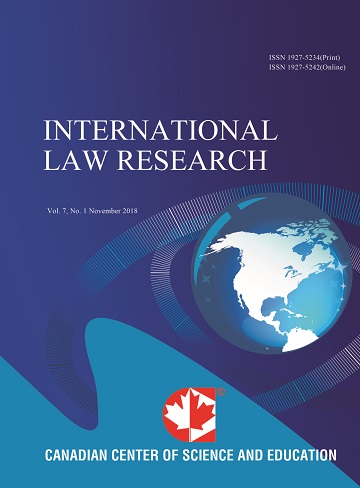Child Rights As Perceived by the Community Members in India
- Sibnath Deb
- Jiandong Sun
- Anjali Gireesan
- Aneesh Kumar
- Anindita Majumdar
Abstract
Attitudes, knowledge, and perceptions of an individual influence their behavior as well as culture of a society. The objective of the study was to understand the attitudes and knowledge of 584 Indian community members regarding child rights and their perceptions about whether selected child rights were secured in reality. Overall attitudes of vast majority (96 – 98%) of the participants towards child rights were found to be positive i.e., children should have rights in various respects except issue like right to meet others (Article 15 of CRC). Knowledge of majority of the participants about child rights related legislations was moderate and varied across the cities while participants were unanimous about poor lived experiences of child rights in reality. So far as attitude and perception are concerned about child rights, there was a significant difference in the distribution between cities (p<0.01). Overall, the Rights of Children to Free and Compulsory Education Act, 2009 had the highest awareness (91.3%, n=533), followed by the Child Labour (Prohibition and Regulation) Act, 1986 (89.7%, n=523) and the Prohibition of Child Marriage Act, 2006 (89.6%, n=523). Findings of the present study speak in favor of community awareness about child rights and penalties for violation of child rights.- Full Text:
 PDF
PDF
- DOI:10.5539/ilr.v5n1p1
Journal Metrics
h-index (2017): 2
i10-index (2017): 0
h5-index (2017): N/A
h5-median (2017): N/A
Index
- CNKI Scholar
- COPAC
- CrossRef
- DTU Library
- EuroPub Database
- Excellence in Research for Australia (ERA)
- Ghent University Library
- Google Scholar
- Harvard Library
- Infotrieve
- Jisc Library Hub Discover
- LOCKSS
- Open J-Gate
- PKP Open Archives Harvester
- Publons
- ROAD
- Scilit
- SHERPA/RoMEO
- Stanford Libraries
- Ulrich's
- UniCat
- Universe Digital Library
- UoS Library
- WorldCat
Contact
- Joseph TaiEditorial Assistant
- ilr@ccsenet.org
